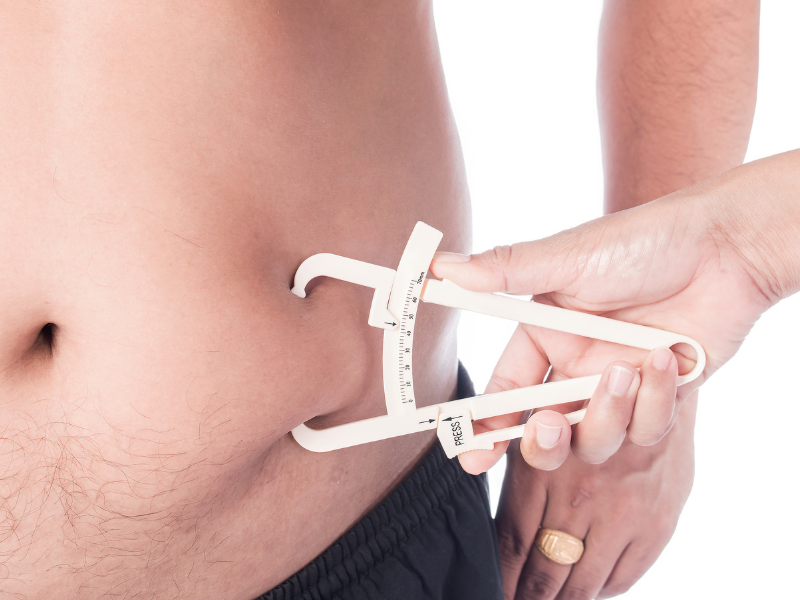Bariatric surgery is an effective method used in the treatment of obesity. However, among some common problems that patients face after this surgical intervention is the “plateau period”. This period refers to a stage where the weight loss process of patients pauses. This can lead to demoralization in individuals who experience rapid weight loss in the first few months after surgery. Therefore, it is important to be informed about and manage the plateau period for a successful weight loss process after surgery.
What is the Plateau Period?
The plateau period is when weight loss stalls or progresses very slowly for a certain period of time after bariatric surgery. Usually, patients experience rapid weight loss in the first 6-12 months after surgery. However, after this period, the rate of weight loss slows down and may stop at some point. The length of this period varies from person to person and can last from a few weeks to several months.
In weight loss operations, almost every patient has tried different types of diets multiple times before the operation and has experienced the plateau period as an almost impossible process to break. Patients who ultimately want to get rid of obesity and decide on the operation regain their motivation by losing weight rapidly in the first post-operative periods. Until they encounter the plateau period again.
“Can't I lose weight even though I have surgery?”
The plateau period is quite natural in the post-operative process as in every weight loss process. The body starts to adapt to the reduced calorie intake over time, and in fact, at this point, it is necessary to focus on fat loss rather than the weighing result. You can get help from your bariatric team in this regard, observe your fat/muscle ratio together or follow the thinning of your body.
Although the plateau period is a natural process, I leave a few tips below in order to break the plateau in a shorter time and continue weight loss.

1- Keep a Food Consumption Record
Even if you have a habitual diet process and changed eating behaviors, keeping a food consumption record will help you realize the mistakes you make during the day, perhaps without realizing it. Especially in social environments, you may have started to consume foods that you should not consume, even in small portions, without realizing it. With a food consumption record, you can observe what you eat more objectively by taking notes.
2- Pay Attention to Protein Intake
Even if you have started to consume carbohydrates, entering a nutrition process in which you restrict carbohydrates and increase protein intake during plateau periods will help you overcome this pause period. Because most of the time the plateau period is related to muscle metabolism, not fat burning.
3- Make Changes in Sports Organization
Making changes to your current exercise regimen will help you overcome the plateau period while surprising your muscle mass. Training different muscle groups or increasing your sports intensity and time will create an energy deficit.

4- Regular Sleep and Water Consumption
Regular sleep and drinking enough water daily boosts metabolism. In the absence of sleep and water, the body minimizes energy expenditure and therefore it will be difficult to burn calories.
The plateau period should be accepted as an expected phase of bariatric surgery and it should be remembered that this period is a normal process. Success should be measured by long-term weight control and overall health improvements rather than short-term weight loss. Therefore, patients are advised to focus on maintaining healthy lifestyle habits rather than focusing on weight loss.
At the end of it all, remember that plateau periods are normal and temporary. Stay positive, maintain healthy habits and remember that our obesity team is always there for you and ready to support you.








